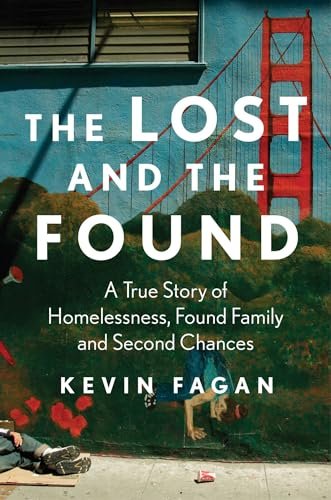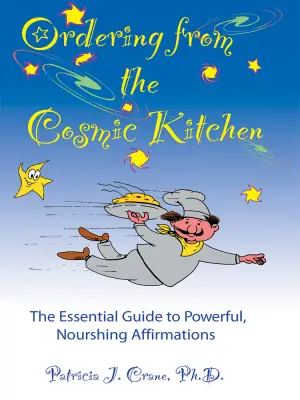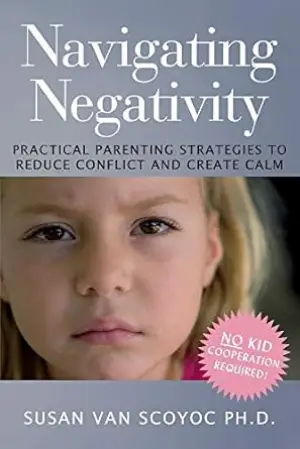Finding Humanity in "The Lost and the Found: A True Story of Homelessness, F…"
When I first picked up The Lost and the Found: A True Story of Homelessness, F…, I didn’t expect to be so deeply affected by the journey of two individuals I’d never met. Written by Pulitzer Prize finalist Kevin Fagan, a journalist whose voice resonates with the struggles of the homeless, this book is more than just a narrative about addiction and despair; it’s a heartfelt exploration of what it means to be human. The images of Rita and Tommy as bright-eyed high school students, brimming with promise, lingered in my mind long after I turned the page, setting the stage for a compassionate yet gut-wrenching journey into their lives.
At the heart of Fagan’s work are the contrasting lives of Rita and Tommy. Their high school photos radiate hope—a stark contrast to their later realities steeped in homelessness and addiction. The reader follows Fagan as he meticulously traces Rita and Tommy’s paths through the dark and often perilous streets of San Francisco, his relentless advocacy shining a light on the systemic issues contributing to their plights. The narrative isn’t just about their individual struggles; it serves as a reflection of society’s failure to address critical issues like the lack of affordable housing and mental health resources.
What struck me profoundly was the way Fagan humanizes his subjects, transforming statistics into poignant stories that resonate on a personal level. The writing is incisive yet compassionate, rich in detail without being overwhelming. Fagan’s pacing brings urgency to Rita and Tommy’s tumultuous journeys, offering glimpses of hope amidst their struggles with fentanyl addiction. This back-and-forth between despair and hope is beautifully encapsulated when Rita reflects on her past: “I was born into a world of promises; I just didn’t know how easily they could fade.” That line hit me hard, serving as a reminder of the fragility of life’s promises.
The book also shines a light on the tireless organizations and individuals dedicated to helping those in need, all while conveying the chilling reality that success rates in rehabilitation are hauntingly low. Yet this is not just a tale of tragedy; it’s a call to awareness. Fagan’s vivid storytelling demands a reckoning with the very real epidemic of addiction that often feels distant until it comes uncomfortably close to home.
I genuinely believe that The Lost and the Found should be required reading in high schools—a forceful yet compassionate exploration of homelessness that challenges readers to confront their biases and understand the complexity of addiction. It opened my eyes to the harsh realities faced by so many, reminding me that behind every statistic is a life filled with potential, tragedy, and resilience.
If you’re intrigued by narratives that blend raw honesty with a powerful social message, I recommend picking up this book. It’s a heartbreaking yet beautifully written reminder of our interconnectedness, the fragility of hope, and the ongoing battle that far too many individuals face every day. Reading Fagan’s work has left me with a renewed sense of purpose: to see not just the homeless as a statistic, but as lives full of stories waiting to be told. So, as you turn the pages, allow yourself to embark on this journey—it just might change the way you see the world.
Discover more about The Lost and the Found: A True Story of Homelessness, F… on GoodReads >>







